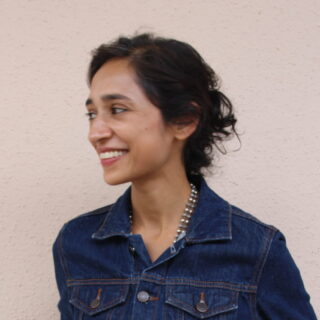It’s been more than one year since the Taliban took over Afghanistan, and the U.S. military pulled out of the country. More than 120,000 Afghans were evacuated from the country by air and taken to destinations around the globe. About 76,000 of those Afghans reached the United States, with more than 1,500 coming here to Georgia, the vast majority resettling in Metro Atlanta.
The arrival of new Afghan families to Metro Atlanta in record numbers over a short period has meant that the area’s four resettlement agencies – the International Rescue Committee – Atlanta, New American Pathways, Inspiritus, and Catholic Charities Atlanta – have been stretched.
To lighten the load, informal networks of people, such as the Nassery family, have stepped up to help new arrivals take care of necessities such as securing housing, finding employment, enrolling in schools, accessing healthcare, and signing up for English classes.
Mariam Nassery, 86, was among the first Afghans to move to Georgia more than 45 years ago and has been helping Afghans build their lives here ever since.
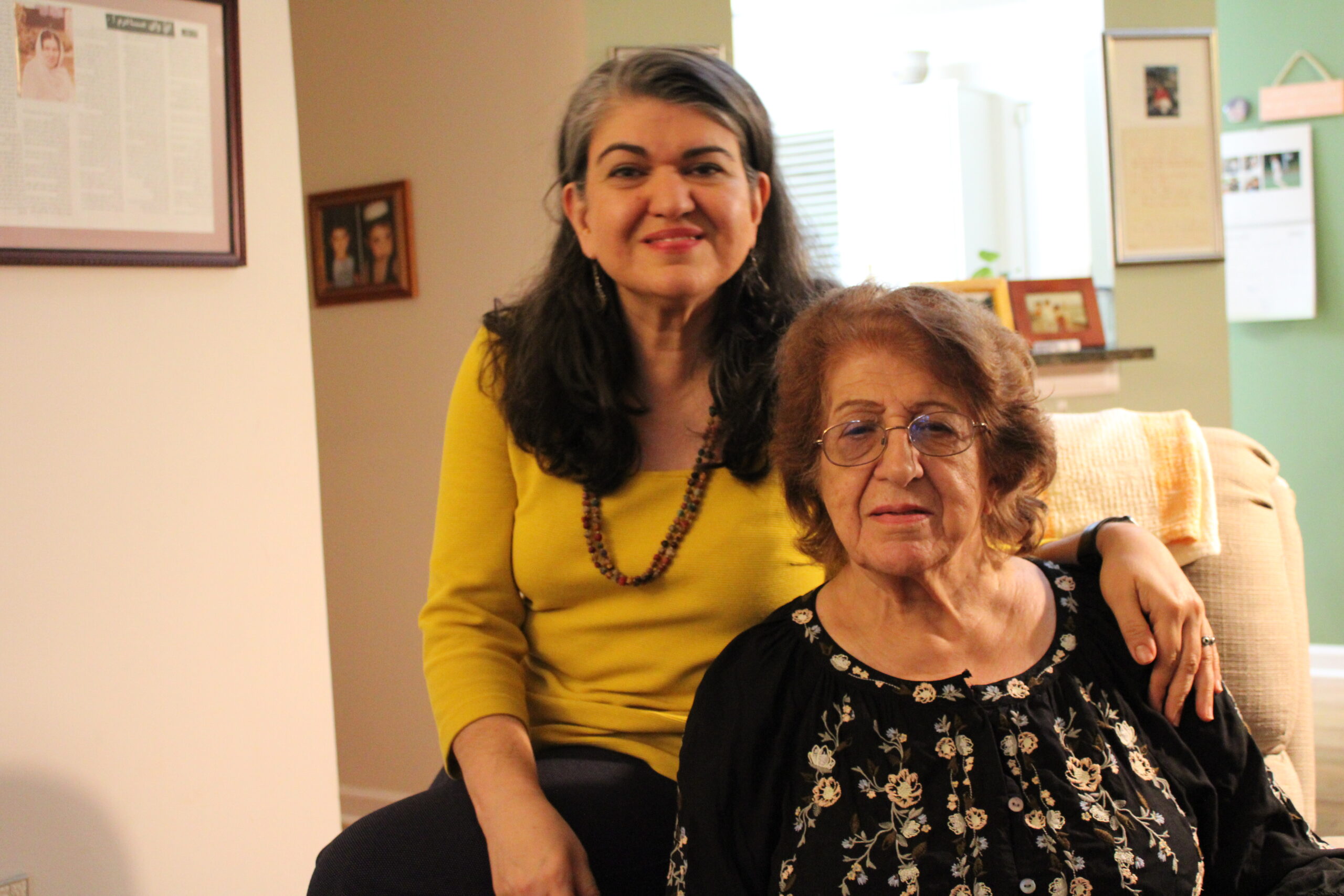
Mariam Nassery with her daughter, Dr. Hogai Nassery, in her home in Avondale Estates. Photo courtesy of Sophia Qureshi
Mariam, now 86 years old, sits in an armchair in her brick home in Avondale Estates with her daughter, Hogai Nassery, beside her. A framed clipping from the Atlanta Journal Constitution hangs on the wall. It is an article honoring the life of Dr. Gharzai Nassery, Mariam’s late husband and Hogai’s father. Next to it, a photo of Mariam and Hogai at her graduation from the Medical College of Georgia. To the right of that is a poem written in a child’s handwriting about love for Afghanistan. Vintage photographs of Afghanistan hang on the opposite wall of the living room.
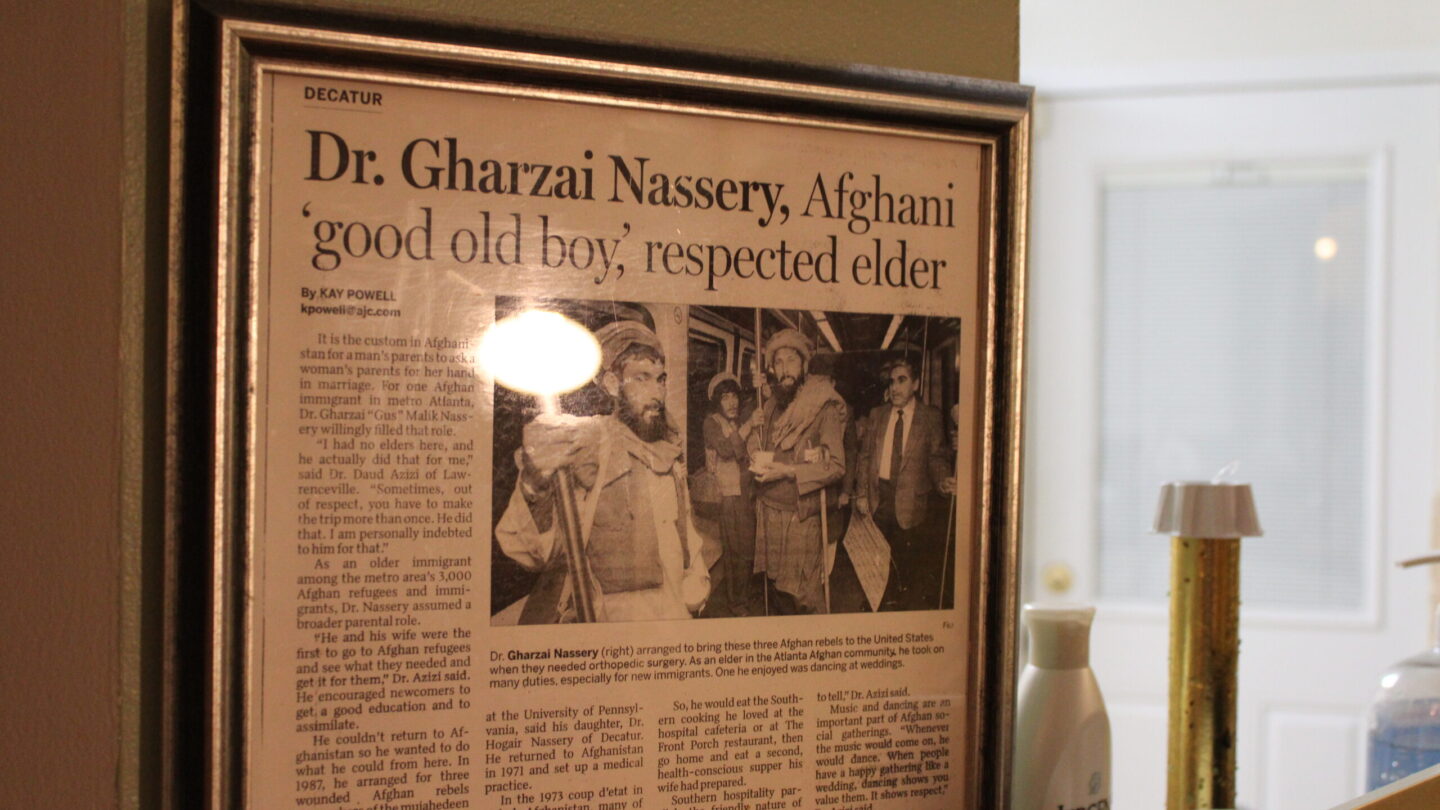
The obituary of Dr. Gharzai Nassery that hangs in Mariam’s home. Photo courtesy of Sophia Qureshi
The Nassery family moved to Georgia at a time when there were few Afghans in the state, apart from a handful of students at Georgia Tech.
At first, they lived in Franklin, a small town one hour south of Atlanta.
“We thought, wow, this is like the wild west,” said Hogai, remembering the Piggly Wiggly supermarket and seeing a sheriff’s car.
Mariam’s kids have long since grown up and spread out in different parts of the metro area. Now, her home offers respite to Afghans newly arriving in Georgia.
About six months ago, a family of 11 moved into a house two doors down from her. They were evacuated from Afghanistan after the Taliban takeover in 2021, and when Mariam got COVID in the summer, the newcomers helped take care of her.
“She’s kind of adopted them, and they’ve adopted her,” said Hogai.
“[The children] call me Madar Kalan (grandmother). I feel so good. One lies down here, one lies down there,” said Mariam, pointing at the sofa. The kids watch Pashto-language cartoons on her living room TV [Pashto is one of the official languages of Afghanistan].
Supporting new families as they resettle isn’t a new endeavor for the Nassery family. It’s something they have been doing for decades.
“My dad and mom would go to the airport and bring them home. And my sister and brother and I, we would just sleep on the floor for months. … I didn’t mind, I thought it was all very exciting. We were so excited to meet cousins because we never had cousins here,” said Hogai.
Initially, the Nasserys sponsored close family members in the years after the 1973 coup d’état in Afghanistan that had originally prompted the Nasserys to leave the country. Later, they sponsored Afghans who fled the country after the 1979 Soviet invasion and those who left after the U.S. invaded Afghanistan in 2001.
“It’s like my parents were a resettlement agency,” said Hogai. “My dad would find classes at the local technical school. My dad would get them there, help them get their driver’s license, help them find jobs.”
But they were doing more than just traditional resettlement. When one of the Georgia Tech students got married, it was the Nasserys who helped organize the wedding. “I cooked a lot for their wedding … everything they need[ed], we were there for them,” said Mariam.
“My mom and dad became kind of like parent figures for them because they were older,” said Hogai.
The Nassery family knew what it was like to have just arrived here and navigate seemingly simple facets of life – such as how to get around and how to learn English.
Mariam remembers when she first landed in the U.S., Gharzai had taken the bus from Philadelphia, where he had been studying, to meet her at JFK airport in New York. They went by bus back to Philadelphia together to his small apartment. She wanted to take English classes, but the only one they could afford was a free Saturday class to which Mariam would have to travel alone by bus. She remembers looking at all the signs on the bus and not being able to understand a word. She told herself that someday, she would be able to read all the signs.
“In less than a year. I could read all of them,” she said proudly.
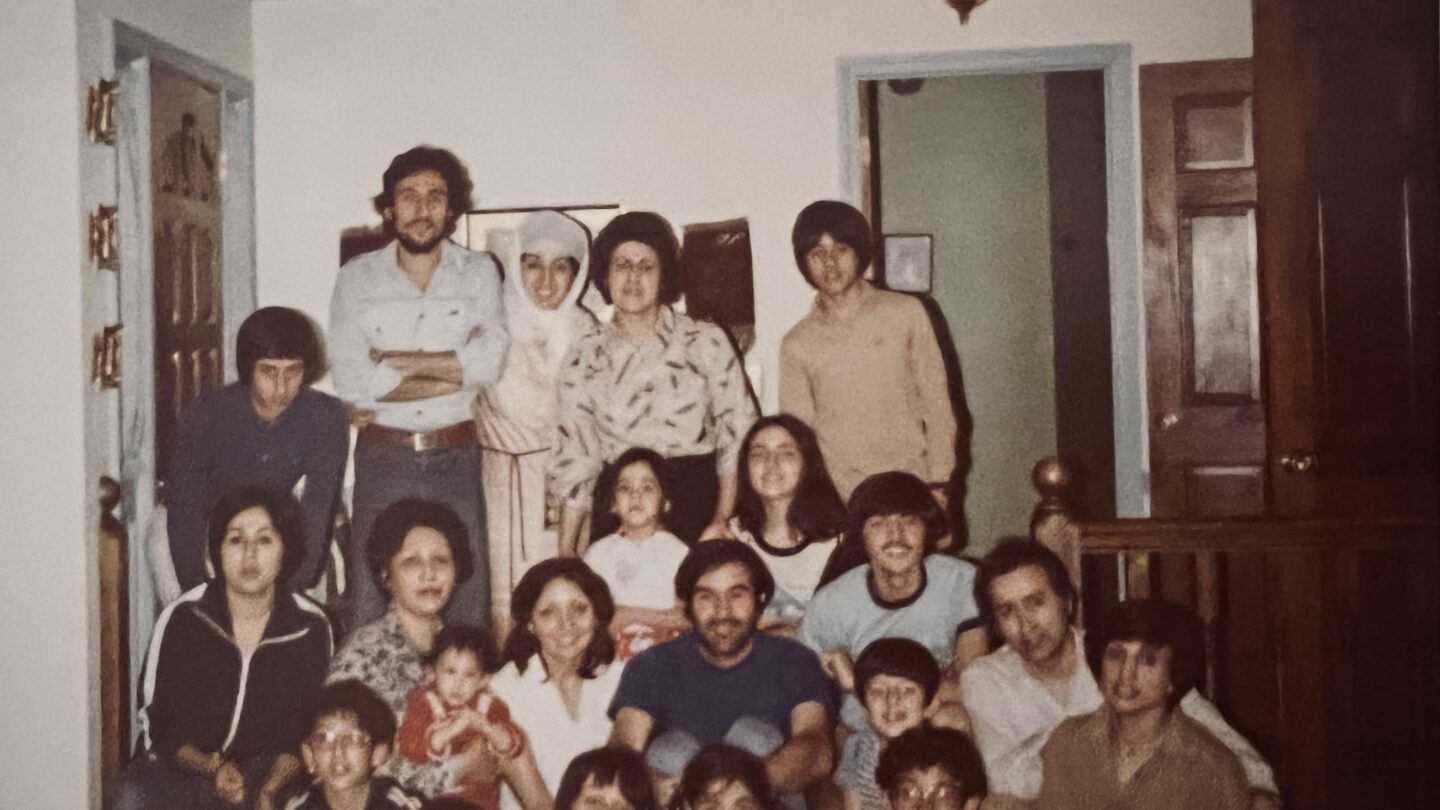
An early Afghan community gathering in Gharzai and Mariam’s home in Newnan, Georgia. Photo courtesy of Hogai Nassery
Mariam’s early days in rural Georgia in smaller towns, including Franklin, Newnan, and Carrollton, weren’t easy. She couldn’t drive and had to wait for her husband to take her to the grocery store.
She was constantly worried about her mother and brothers in Afghanistan, with whom she had limited contact because phoning was difficult and expensive at the time. In addition, the people around Mariam – her neighbors – didn’t seem to know anything about her home country. “Nobody knew where Afghanistan was; nobody had heard of it,” said Hogai.
“They’d say where’s that? Pakistan? China? No, no, we’d say, we’re from Afghanistan. Nobody knew where Afghanistan was until the Russians invaded.”
Building a sense of community was instinctive to Mariam and Gharzai. In the 1970s, when there were just a few dozen Afghans in the area, they helped organize gatherings at each other’s houses.
“They would play music, and my dad would sing, and we’d all sit around on the ground, and we had these huge meals … it was very joyous …anytime a new Afghan came to town, they would be invited to join.”
As the community started to grow, especially in the Stone Mountain area, Gharzai and Mariam worked with other Afghans in the community to pool together money and rent a small ranch in Clarkston that served as a mosque. They had unknowingly planted the seeds for something much bigger than they could have imagined.
That mosque, Masjid Al Momineen, established in 1989, has since expanded both in size, location, and the community it serves. Now, worshippers from Afghanistan, Somalia, Syria, Iraq, Myanmar, Kosovo, Ethiopia, Bosnia, and Kurdistan, come to the mosque, reflecting the area’s nationally recognized diversity.
In August 2021, when it was clear that Afghanistan had fallen under Taliban control, Mariam couldn’t believe it. “I cried, I cried so much,” she said.
Mariam Nassery serves the Kabuli pulao she’s cooked for newly arriving Afghan families. Kabuli pulao is an Afghan rice dish typically made by cooking lamb with a blend of spices and served with carrots, raisins, and toasted almonds. Photo courtesy of Sophia Qureshi
When Afghans started arriving in Georgia not long after, Hogai connected through a Facebook group with a local doctor who was helping move in five families. “I told my mom,” said Hogai, “and she made huge platters of food … Kabuli pulao, chicken, spinach, potatoes, Afghan bread.”
Hogai delivered the food to the different homes in Clarkston that evening. “They were just delighted,” she said.
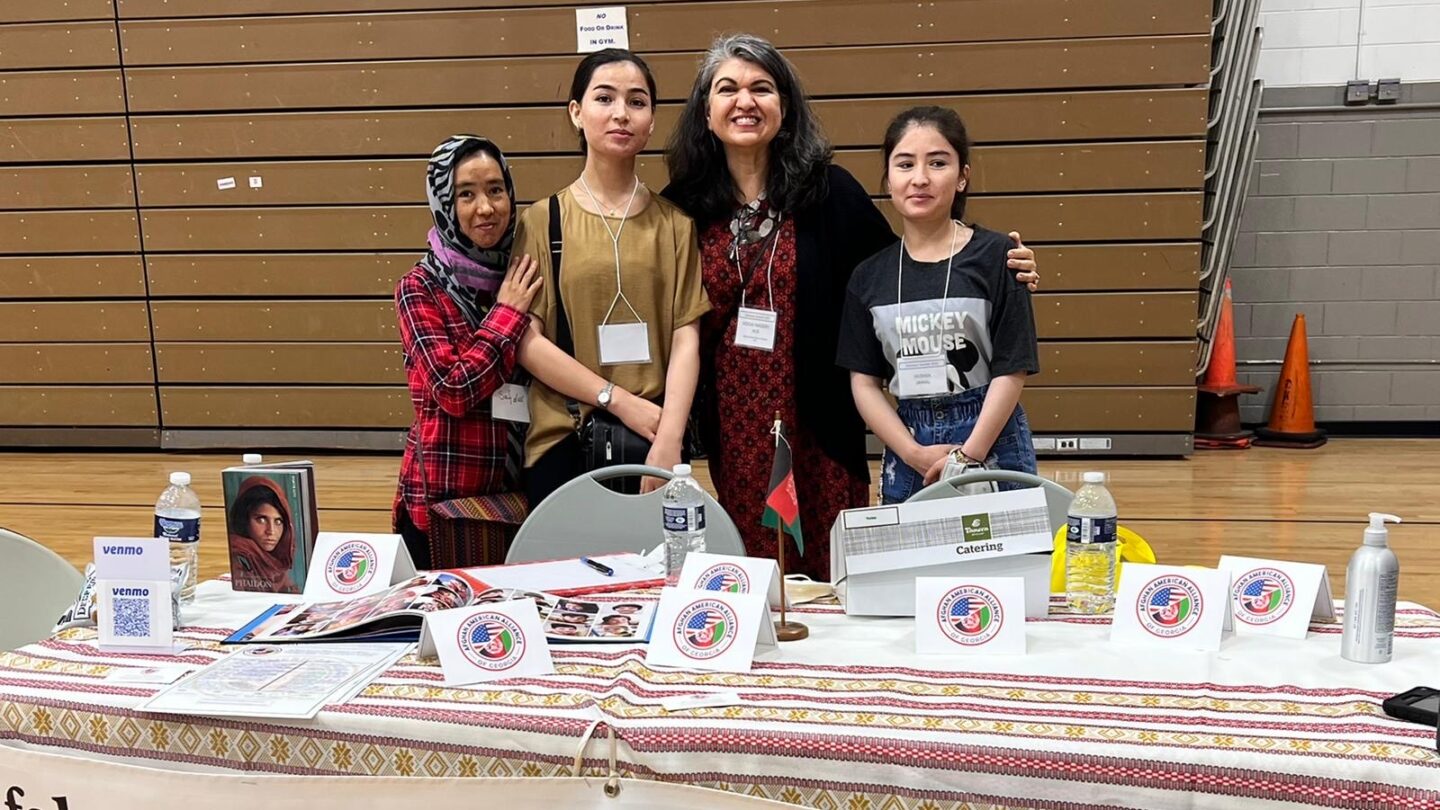
Hogai Nassery, center, with young Afghan women who recently arrived from Afghanistan. Photo courtesy of Hogai Nassery
That evening sparked the idea for a more coordinated effort to welcome new families – the Afghan American Alliance of Georgia (AAAG).
For almost a year, Hogai has been leading a network of volunteers to support Afghan refugees by furnishing apartments as well as organizing supplies and donations. The group also helps families navigate the logistical maze of daily life, such as accessing healthcare and enrolling in school. She manages it all while working full-time as a physician in Midtown and juggling family responsibilities.
Unlike her parents, Hogai’s effort to welcome Afghans includes spreadsheets of volunteers, social media posts, and serving on a board of directors. Still, she’s following in their footsteps, doing what she can to provide soft landings, smooth transitions, and a sense of home for fellow Afghans.
Just like her dad. Just like her mom.


